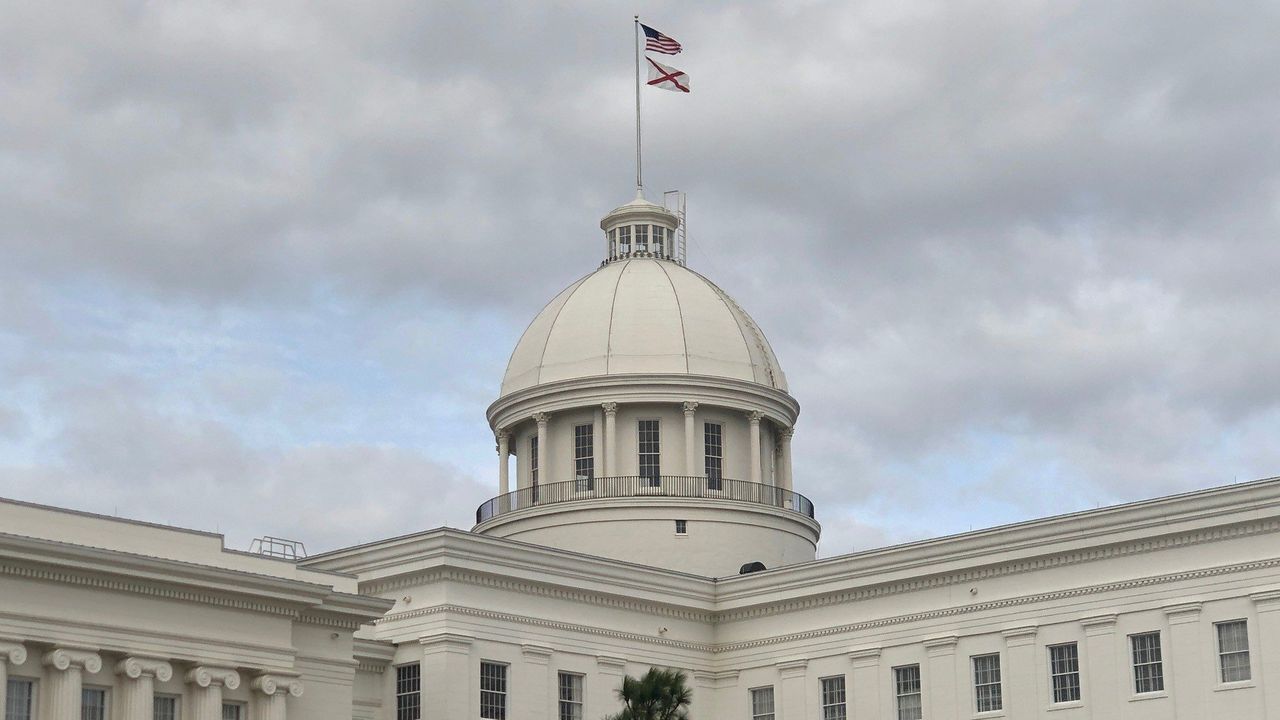Person in gorilla suit crashes Alabama legislative ethics committee meeting
Members of the House Ethics and Finance Committee Thursday discussed efforts since 2010 to amend Alabama’s ethics law.
The gathering was the third in a series of “work meetings” providing legislators planning to draft legislation to update the existing law after a report released in August 2019 recommending changes that included tightening language in the state’s ethics code and offering graduated penalties for specific violations.
“We are going to talk about some of the amendments,” said James Entrekin Jr., general counsel for the Legislative Services Agency. “We are going to walk through those very briefly about what has happened since the major 2010 reforms.”
The 2010 law imposed strict limits on the relationship of lobbyists, those who hire them (known as principals) and how they work with legislators. Former House Speaker Mike Hubbard, R-Auburn, was convicted of violating the law in 2016 and removed from office. An appeals court wrote in a 2018 ruling upholding most of Hubbard’s convictions that legislators should make some of the language in the ethics statute clearer.
The first half of Thursday’s meeting looked at legislation passed by the Legislature going back a decade. The second half discussed two ethics bills proposed in 2019 and 2022 that did not pass.
Entrekin touched on several ethics issues during a presentation to committee members, including disclosure of personal financial information that could influence officials when setting policy.
In 2012, legislators amended the law for the statement of economic interest forms, raising the income threshold from $50,000 to $75,000 for individuals filing forms. It also permitted the Ethics Commission to adjust the threshold based on the consumer price index. The updated law also required public employees who served in a supervisory capacity to also complete the form.
In 2019, the law was modified again, allowing candidates additional time to complete their statement of economic interest form, giving individuals five days to complete the form after filing their papers announcing their candidacy.
Halfway through the meeting, Entrekin pivoted to legislation that lawmakers considered but that ultimately did not become law. Among them was HB 432, sponsored by former Rep. Mike Ball, R-Madison, which would have reduced the severity of the penalties for violating the provision banning gifts for elected officials.
Under current law, intentional violations amounted to a Class B felony. Standard violations are a Class A misdemeanor. Ball’s proposal would have made the first offense a civil violation with a penalty of up to $3,000. A second offense would be a civil penalty of up to $6,000, followed by a Class A misdemeanor. Intentional violations would remain a Class B felony.
The proceedings were halted more than halfway through the meeting when the chair, Rep. Matt Simpson, R- Daphne stopped Entrekin from continuing with his presentation after a person dressed in a gorilla costume walked into the room and sat in the back.
“We have a guest in the chamber,” Simpson said. “I feel like we are all safe, that there is no threat here. I don’t see security looking for us. It is that season everyone.”
Just before concluding the proceedings, Simpson said a representative of the American Law Institute will make a presentation to the committee at a November meeting. The committee plans to propose ethics legislation for the that there will be one more meeting in November when the committee will receive information from someone at the American Law Institute.
That will conclude the informational portion of the committee before members will begin working to craft legislation to update the state’s ethics code just prior to the start of the 2024 legislative session, which begins in February.
